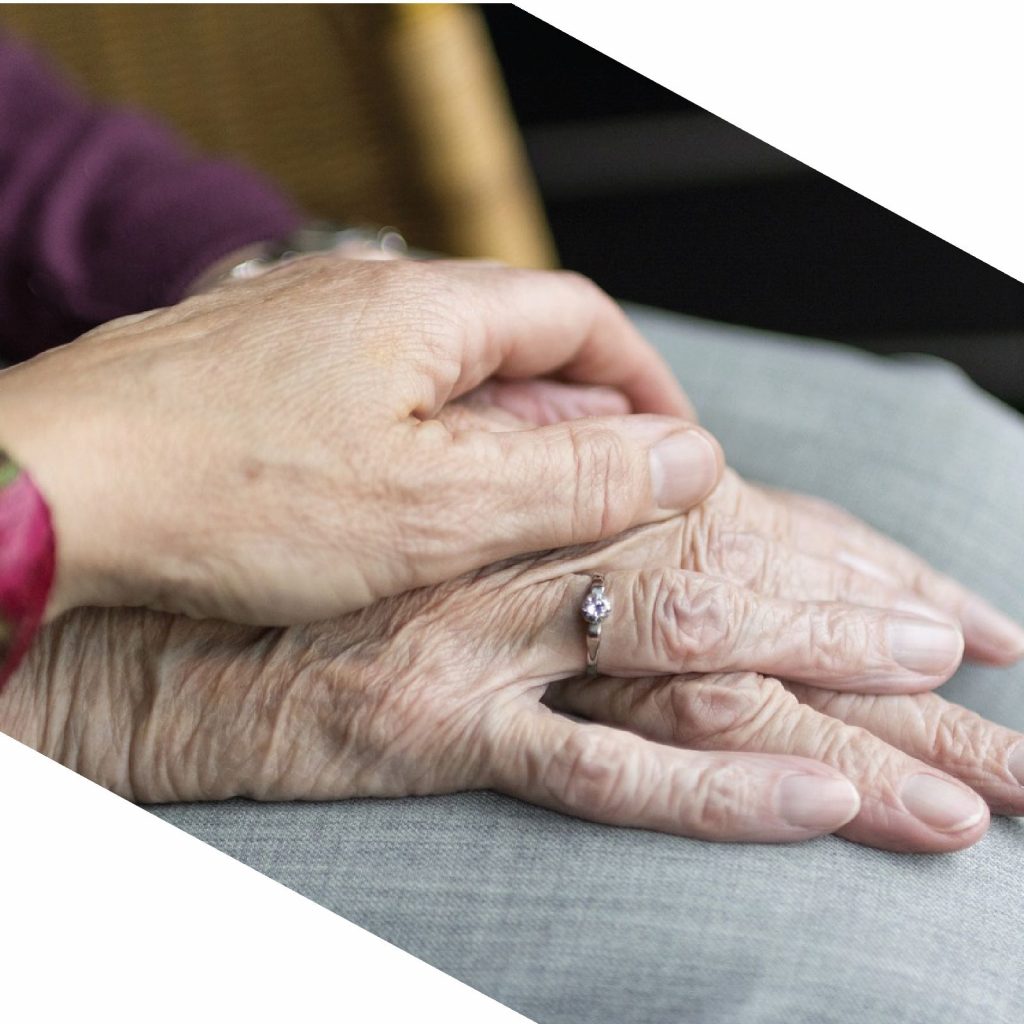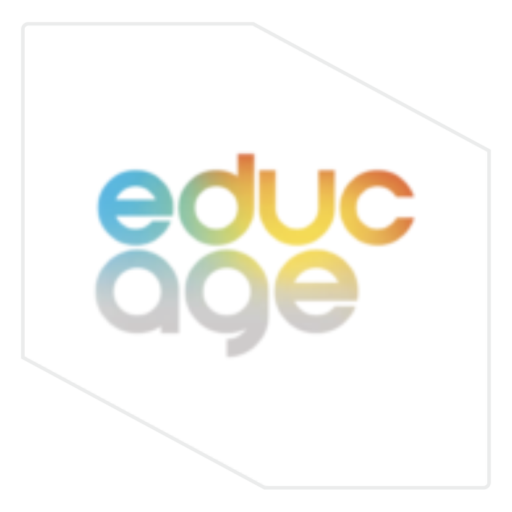
Introduction
The rapid population ageing, coupled with an increasing proportion of older adults with longterm health complex conditions, is growing the need for long-term care services. Informal care will become even more important in the near future due to demographic change, health care advances, long-term care services policies and cost-containment pressures leading to the favouring of community care options over institutionalisation where possible. In this sense, it has been projected that by 2060, in Europe, 80% of long-term care services will be provided by informal carers.
Informal caregivers are ideally situated at the front line for better detection, monitoring, and intervening for age-related health conditions, from cardiovascular disease to depression and Alzheimer’s. Despite this, informal caregivers seldom receive enough training for monitoring and preventing health and functional declines of the older person they are caring for. The EducAGE seeks to contribute to this purpose by developing pedagogical materials that aggregate the best knowledge and practices on health and ageing that can support caregivers in improving their interventions and, consequently, the quality of life of both the caregiver and the person being cared for.

There is an urgent need for training and validation of care skills of formal and informal caregivers to meet the challenges ahead and to increase the autonomy of older people as much as possible by delaying cognitive and physical declines and promoting healthy ageing.
The Digital White Paper
The present Digital White Paper aims to provide valuable and practical information on implementing healthy ageing interventions focused on detecting, slowing down and managing significant physical and cognitive declines. With this in mind, the EducAGE team reviewed and compiled the current recommendations by following the World Health Organization guidelines on Integrated care for older people (ICOPE).
The Digital White Paper has been organised into three main modules according to the ICOPE guidelines:
- Module I – declines in intrinsic and functional capacities, which includes functional and mobility loss, malnutrition, and cognitive and mental health impairments;
- Module II – geriatric syndromes associated with care dependency, including the risk of falls, chronic diseases, urinary incontinence, skin breakdown and bed sores, and;
- Module III – interventions to support caregiving and prevent caregiver strain.
For each chapter within each module, the reader will have access to a summary of the important recommendations, tips, and additional sources of reliable information through websites, YouTube videos, quizzes, checklists, and practical exercises.
To view the Book Index, click on the right arrow located above >

How to use the Digital White Paper?
The Digital White Paper, “Caregiver as a promoter of healthy ageing”, gathers relevant and reliable information about the current recommendations on older people’s care to promote caregivers’ best practices. It includes freely available guidelines, forms, examples, resources, links, etc., from all partner countries that serve as support material and practical tools and tips for caregivers. Different digital tools were used to provide the mentioned information. In this chapter, we present guidelines on how to navigate the Digital White Paper correctly by using basic digital tools.
The Caregiver: an essential element for promoting healthy ageing.
In this chapter, the healthy ageing, functional ability and intrinsic capacity concepts, widely disseminated by the World Health Organization, will be presented in a simple manner, aiming to provide a further understanding of how to monitor and intervene in different healthy ageing domains in order to counteract severe functional and health loss in the older adult you care for.
Module I – How to counteract declines in intrinsic capacity?
This module is focused on preventing and counteracting functional capacity loss in older adults. In this sense, the information and practical tips for caregiver interventions were organised in different chapters, each related to one of the intrinsic capacity domains defined by the World Health Organization. Early detection and intervention are crucial to preserve older adults’ capacities and quality of life for a longer time. Moreover, maintaining the functional capacities of the person you care for allows them to keep doing several daily activities, reduces caregiver strain, and delays institutionalisation. Check it out the prepared chapters below.
Module II - Managing geriatric syndromes and other health conditions.
Declining intrinsic capacity is frequently characterised by common problems in older age, which can lead to chronic diseases and other serious conditions denominated as geriatric syndromes. Geriatric syndromes hold substantial implications for functionality and life satisfaction and increase the risk of mortality, disability and the time and frequency of hospitalisations. Frailty, falls, pressure ulcers, urinary incontinence, dementia, and delirium are some of the most common geriatric syndromes. In the following chapters, you can learn about guidelines and practical tips on monitoring, managing, and delaying serious health condition deterioration.
Module III - Interventions to support caregiving and prevent caregiver strain.
Care for older adults places a significant burden on informal caregivers, who often have to balance their caregiving responsibilities with work and other commitments. Moreover, informal caregivers face a range of challenges and problems, from emotional and social to financial and legal issues. In this module, several chapters were prepared to help the caregiver to manage the emotional burden inherently associated with caring for someone, as well as to provide information on different kinds of support offered by many institutions and associations available at regional, national, and international levels. Caring for yourself helps you to care even better for the person you care for. Check it out the guidelines and the tips available in the following chapters.
